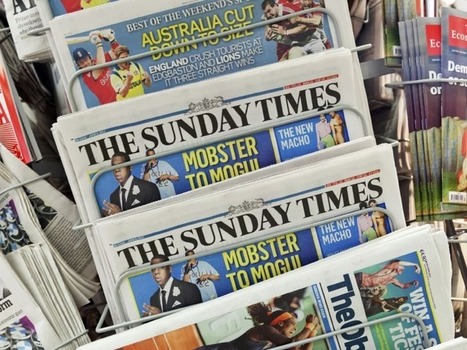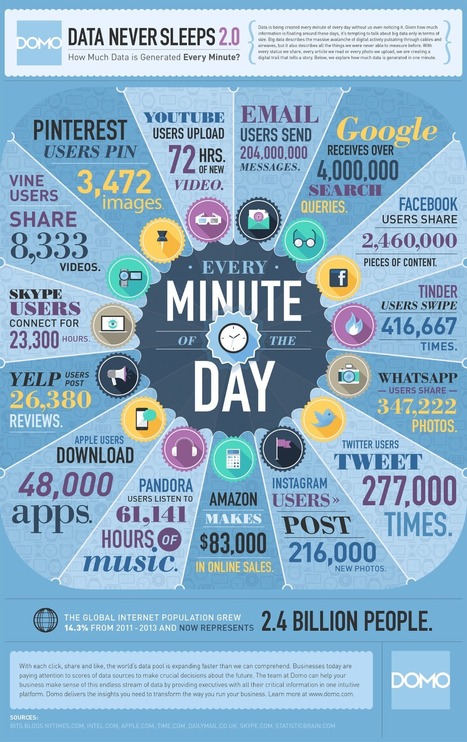Former Guardian editor Alan Rusbridger believes that Facebook sucked up nearly £20 million ($27 million) of the newspaper's digital advertising revenue last year.
Rusbridger, now principal of Lady Margaret Hall college at Oxford University, said The Guardian forecast online revenues of £100 million ($132 million) before he left in May last year.
In the end, the newspaper's digital turnover was £81.9 million ($108 million), which was down 2.3% on 2014.
Speaking at the FT Weekend Live Festival in London on Saturday, Rusbridger said The Guardian's prediction never materialised "because it all went to Facebook."
A Guardian spokeswoman declined to comment. At the time it published its annual report in July, sources at the newspaper blamed online giants including Google and Facebook for hoovering up ad spend....
Research and publish the best content.
Get Started for FREE
Sign up with Facebook Sign up with X
I don't have a Facebook or a X account
Already have an account: Login
Social marketing, PR insight & thought leadership - from The PR Coach
Curated by
Jeff Domansky
 Your new post is loading... Your new post is loading...
 Your new post is loading... Your new post is loading...
|

Anna Morgan's curator insight,
March 2, 2016 6:56 PM
Neil Patel shows how paid advertising can turn into major profits. |
















Very interesting look behind the Guardian's online revenue. That's a lot of revenue that passed from the Guardian to Facebook and Google.